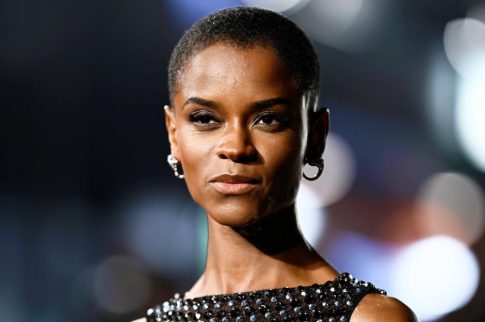Do Light Skin Celebrities Have It Easier In The Hollywood?

Colorism is the prejudice people have against darker skin tones, as well as the preferential treatment of the ones who are of the same race but lighter-skinned. To name a few, Beyonce, Rihanna, Cardi B, Zendaya, Mabel, Maya Jama, Stefflon Don, and Adwoa Aboah are a few of the stars who are highly successful in their fields of work. But much of their success is allegedly linked to their skin color.
It has been frequently suggested that black celebrities with lighter skin have found it easier to reach the top due to colorism. In this article, we will delve into Hollywood’s colorism and obsession with light skin celebrities.
Hollywood’s Colorism And Its Effects

It’s important to note that the issue of colorism in Hollywood is not caused by light skin celebrities. They are not responsible for perpetuating the belief that a black woman must have light skin and a certain hair type to be cast as a leading lady.
The onus lies on Hollywood producers and casting agents who refuse to cast young, dark-skinned black women in vital movie roles, including roles that were specifically created for them. Instead, they opt to promote an extremely narrow selection of black women while still expecting to receive praise for achieving on-screen diversity and representation.
This problem is particularly unique among black women. For instance, dark-skinned male actors like Idris Elba, Shameik Moore, and John Boyega achieve a level of success that their dark-skinned female counterparts often struggle to attain. While modern Hollywood has made strides in addressing its racist past by increasing the representation of black people, it still fails to accurately represent the diversity of blackness, especially among women.
Studies Have Shown…

Millennials, who are the most active on social media platforms, are significantly influenced by the images circulated by the media. These images play a crucial role in shaping the beauty standards that are formed in their minds, leading to certain definitions and mental conclusions about what is considered beautiful.
Race, Gender, Physical Attractiveness, and Media: Understanding Fashion Magazine Advertisement Use in the Construction of Standards for Physical Attractiveness Among African American Men and Women by Sydney Janelle Dillard is a study of 4 groups of African American millennials who were interviewed and qualitatively analyzed for the same. It demonstrated that the subjects were aware of the American beauty standards that were biased towards Eurocentric features and lighter skin over afro-centric features with dark skin.
The studies also revealed that the media is guilty of oversexualizing African-American women. It was known for “portraying them as erotic and exotic [and depicting them as] forbidden fruit… that is looked upon as prohibited and not allowed, which could be perceived as mainstream media attempting to trivialize Black women as undatable.”
When it comes to male models of color, Dilard’s studies indicate “dark skin [equals] hyper-sexuality and lower social class or light skin [equals] power and prestige.”
According to the study, women who have dark skin color are perceived to be hypersexual and are considered as short-term sexual partners instead of reliable long-term companions. This perception is widely propagated by negative media imagery, which various entertainment agencies take advantage of to gain personal benefits.
It has led to unhealthy practices of trying to achieve lighter skin by many people who idealize these light skin celebrities.
Dark Skin Downside
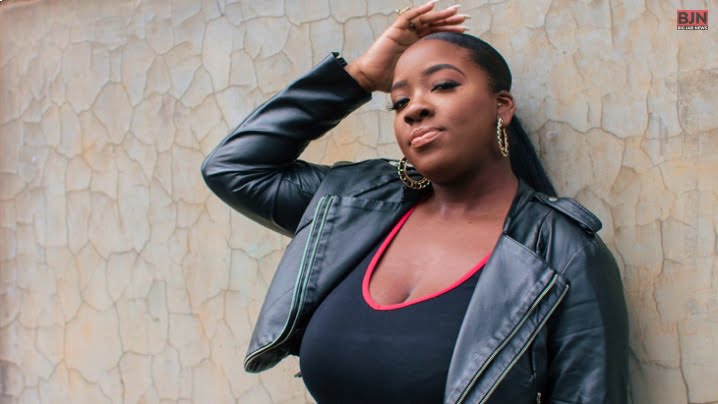
Grime artist Lioness said she had to face prejudice for her darker skin tone, which ultimately made her drop out of her career.
She told Newsbeat that she quit music for seven years, saying, “A&Rs [talent scouts] would say things like: ‘She would be better if she was light skinned – and that sentence doesn’t even make sense. I know what they’re trying to say, if I was light-skinned I would get further.”
She continued, “Once you get told that every single second, and being young as I was at the time, I just didn’t like it. So I stopped doing something I love because people kept talking about my complexion.”
Light Skin Privilege
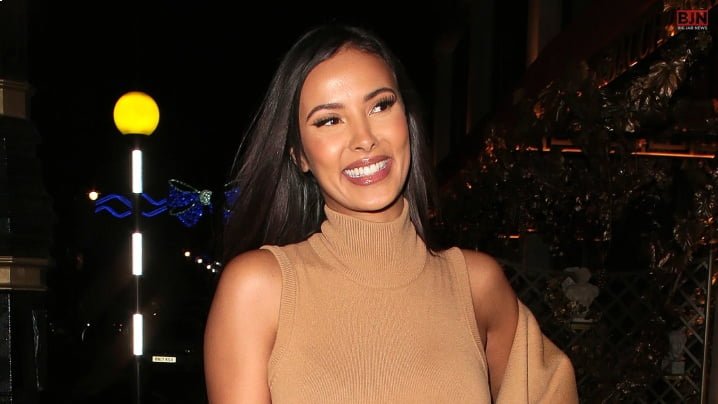
The problem of colorism was highlighted once again when Maya Jama addressed the controversy over a “joke” she had tweeted in 2012. She had mocked dark-skinned women in her tone-deaf tweet.
Her tweet read, “‘Dark skin [women] shaving their head expecting to look like Amber Rose, when really they end up looking like Michael Jordan’. Looooooooool.”
Beyonce’s father, Matthew Knowles, also spoke out about some black people achieving greater fame because of their lighter skin.
He went on to claim that his daughter was more successful because of her lighter skin tone and that no black pop star with darker skin had been able to break through similarly in the past decade.
Among the 68 female solo artists who have been on the British Top 40 chart since the beginning of 2017, only 17 of them are of black heritage. A large chunk of those successful are lighter-skinned.
Kelli-Leigh, who has mixed parentage, got into the top 10 last year for the James Hype song More Than Friends. She shared, “For some reason in the UK the doors are still quite closed for female artists who are of a darker complexion in terms of different styles… it shouldn’t be based on our skin tone, it should be about who we are.”
Read More: Top 10 Famous Blonde Actresses Of 2023
Shift In Base
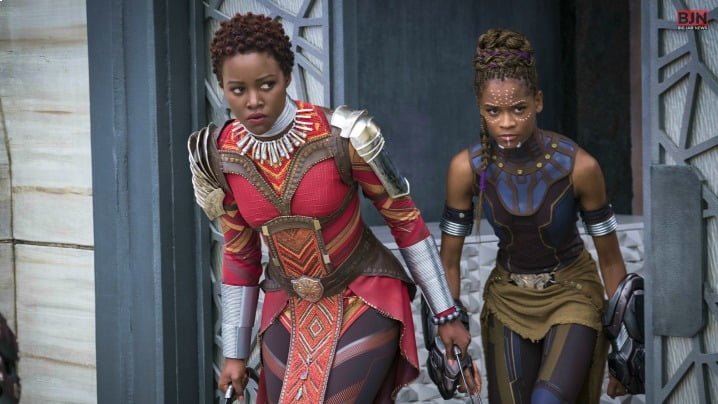
The media and entertainment industry has recently, however, started to celebrate and accept diversity. Edward Enninful being the first black editor of British Vogue, took over in August with its May issue featuring women of various skin tones.
Jordan Mitchell. Managing director for PR firm Liz Matthews PR is of the opinion that a debate around colorism can “sometimes work against women of color. It’s not enough to have someone that’s black, it’s about the right shade of black.”
Urging to shift focus, she says we need to celebrate the fact that the entertainment industry has become much more diverse than before, “I know certainly from back in the day the only representation of a black woman would be someone like Halle Berry and that would’ve been it. Whereas I think now there are so many black women of different shades that I think there is change and things are progressing.”
On the release of her latest remix of her single DBT (Dead Black Ting) earlier, Lioness says she is now celebrating being dark-skinned and intends for the song to “touch on the fact that we are all one race whatever the shade. I’m like ‘Alright, let’s play this game – You’re trying so hard to stop me just because of my appearance, all right, cool, let’s play this game.
“I’m going to burst open every single door I can possibly think of’.”
Wrapping Up
When we promote the concept of #blackgirlmagic that only highlights light skin celebrities of black origin, we are essentially telling the world that dark-skinned black girls are not important enough to be celebrated.
Genuine representation will only happen when black girls of all skin tones and hair textures can see themselves reflected in movies and media. Until that happens, we need to continue striving, persevering, and rejecting representation that does not encompass the entirety of black beauty.
If you have thoughts to share or questions to ask, please leave a comment below. We would love to hear from you!
Read Also:
Tags:
You May Also Like
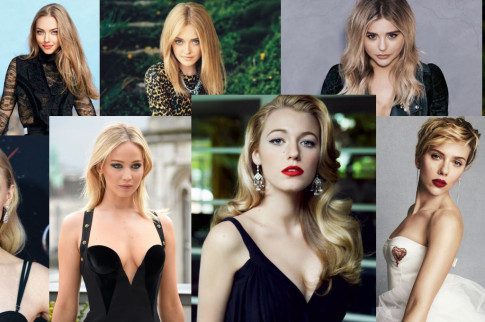
November 8, 2022
Top 10 Famous Blonde Actresses Of 2025

December 22, 2023






















